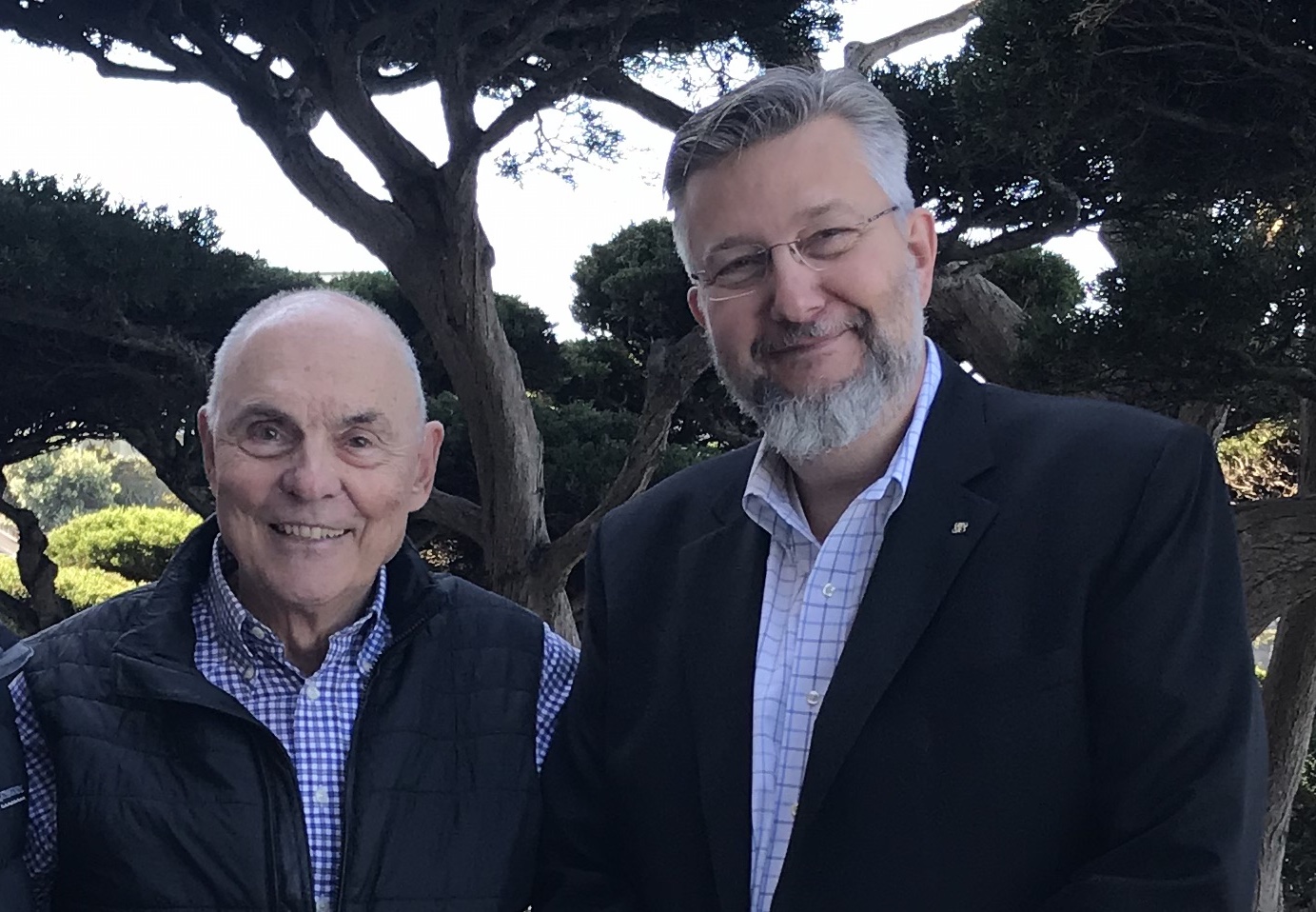Economist Rajshree Agarwal wants everyone to know that business and seeking to benefit yourself – what some may label as “selfish” – is good.
“There’s this perception in public discourse right now that business is bad, and profits are bad,” she said recently. “But this is not true. Businesses, to be truly successful, make and promote positive change.”
Change, for Agarwal, means that businesses create greater value for their customers and replace outmoded ideas and products with others that provide higher benefits.
As director of the Ed Snider Center for Enterprise and Markets at the University of Maryland, Agarwal’s passion for business, entrepreneurship, and personal autonomy informs her research as an economist and her activities as a professor and adviser to the countless business students she has directly connected with throughout her career. She has long focused on how business leaders and individuals create jobs and profits, drive upward mobility, and unlock value at every level of society. Her work at the Ed Snider Center, which is supported by the Charles Koch Foundation, mirrors that passion: she helps learners identify their unique talents and abilities and apply them to create value through collaboration and entrepreneurship.
We spoke with Agarwal, who came to the United States from India to study economics at the University of Buffalo. A prolific writer and researcher, she remains driven by her love for free enterprise, which was sparked by, among other things, Ayn Rand’s Atlas Shrugged. She told us in 2016 that the book “opened my mind to the ideas of American individualism and self-determination,” concepts that remain common threads throughout her work and scholarship, more than three decades after she immigrated.
“It’s the reason I came to this country: life, liberty, and the pursuit of happiness,” she said. “Not the right to it, but the pursuit of it.”
That includes the pursuit of business in an atmosphere where competition can thrive, all actors can find and unlock value for themselves, and workers have the freedom and dignity to move across industries within a system that promotes mobility instead of thwarting it. With that view in mind, she says, selfishness is key to collaboration.
But isn’t selfishness a dirty word?
“No,” she said. “Social value creation does not require self-sacrifice or denial of personal interests. The built-in assumption is that somebody must lose so somebody else can win,” she wrote. “This is false. Sustainable alliances lift everyone, including yourself.”
“I’ve been pushing against selflessness. Modern ethics programs are not addressing high-ability, high-ethics people; they are based on the assumption that people have low ability and low ethics.” “Similarly, corporate social responsibility programs don’t get to the heart of things,” Agarwal said. “It’s not an either-or. Corporations can and are socially responsible because they do good business.”
When people are selfish, Agarwal argued in a recent column for Forbes, they create victories and new value for themselves and their counterparts, in business and in life.
Acting selfishly, she believes, begins with defining one’s values, and then having the courage to act to help achieve them. It is about determining what problems in the world are most meaningful for you to solve and what principles you live by and would never break. Through her writing, thought leadership, and teaching, Agarwal encourages students and business leaders to create win-win outcomes, so personal success is not at the expense of others, but benefits them too. Agarwal provides concepts and frameworks that help people create structures that enable them to be their best and brightest and create alliances with like-minded individuals who provide complementary skills and expertise.
Which is why, Agarwal argues, business is not bad, especially when businesses enable their workers to find their own paths and free themselves from restrictions that keep them from understanding and promoting their own values. Agarwal is a proponent of the idea of a “virtuous spiral” between workers’ aspirations and abilities — as well as finding a place for kindness for oneself and others. All of these actions, she argues, leads to value, and not just of the dollar sort.
“Value is not just money,” she said. “Of course, I want businesses to make profits. But alliances mean people find personal successes while creating value for others.”
Collaboration is key to Agarwal’s view of the world. Her research bears it out. In 2019, she and a Snider Center colleague, Serguey Braguinsky, found that stable, shared leadership, rather than betting everything on a single founder, can pay better dividends for startups and established businesses. While single-leadership teams may avoid the pitfalls of infighting, they face difficulties scaling, and they fail to reap the rewards of a diversified leadership team. Her team found that businesses that embrace shared leadership are far better positioned for long-term value creation instead of just short-term gain, as well as honorable resolution of conflict and ethical breaches.
So how does she teach this concept to her students?
“They’re already enterprising individuals,” Agarwal said of her students, and laughed. “I find they resonate with the principles and say it’s easy for them to understand.” It’s easy for a business professor to laud the effect of business on society — but Agarwal’s passion and extraordinary vision for collaborative enterprise set her apart.











